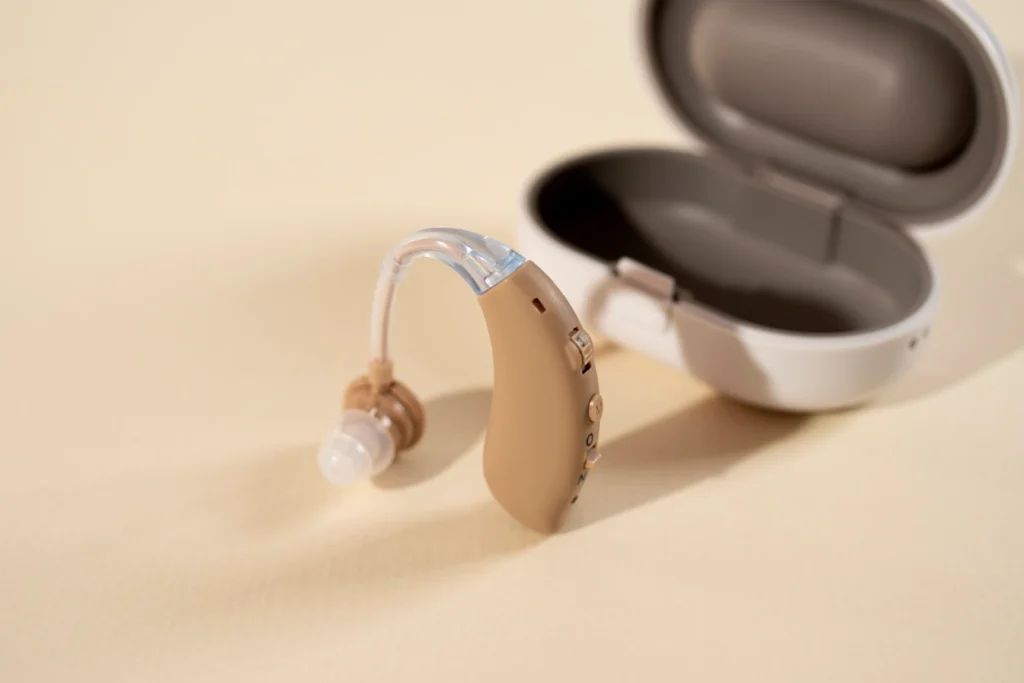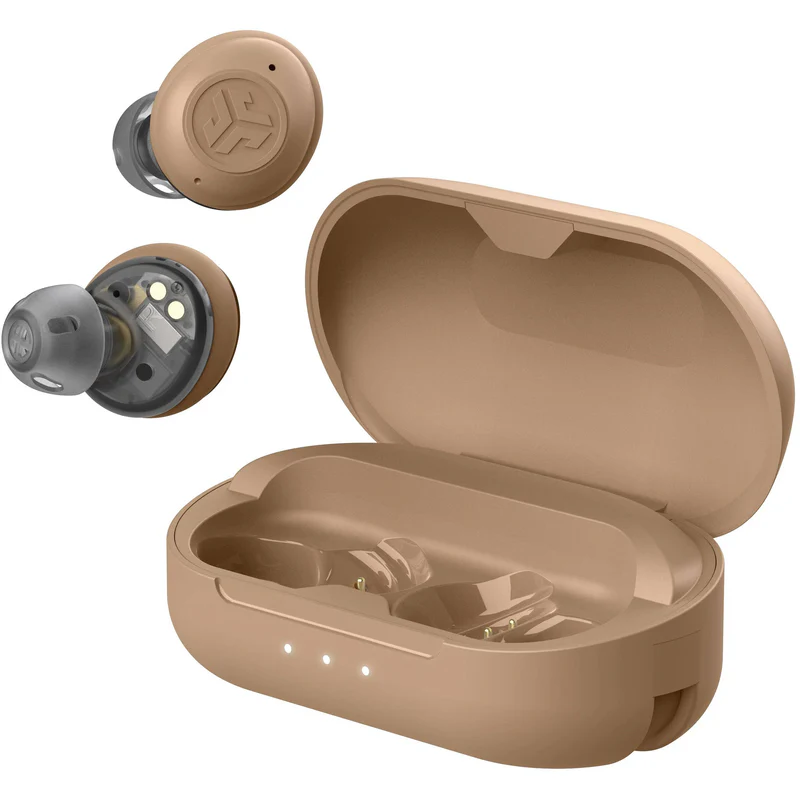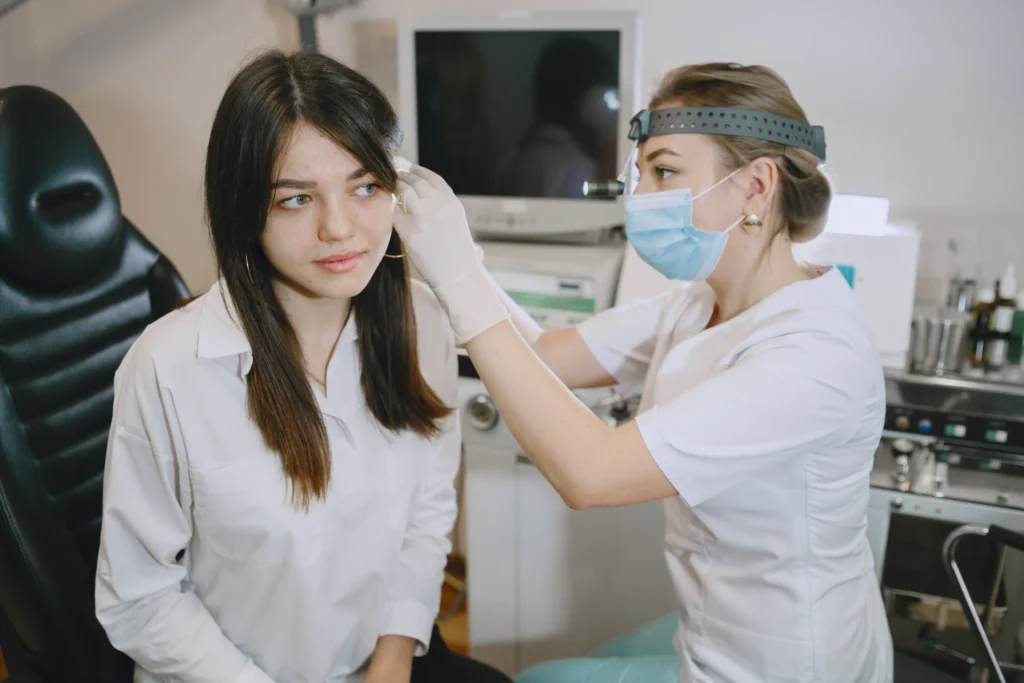It’s a question that often comes up for people who are new to hearing aids – how long do they last? The answer, of course, depends on a number of factors, such as the make and model of hearing aid, how well they’re taken care of and how often they’re used. That said, there are some general guidelines that can give you a ballpark idea. So, take a look at those guidelines and discuss some other factors that may affect hearing aid lifespan.
Average Life of a Hearing Aid
On average, hearing aids should last anywhere from three to five years. This may seem like a short time, but it’s important to remember that hearing aids are complex pieces of technology. They have hundreds of tiny parts, and all of those parts need to work together perfectly in order for the hearing aid to function correctly.
Over time, those parts can start to wear down or break, which is why hearing aids generally need to be replaced every few years. Of course, some hearing aids will last longer than others – it just depends on the make and model as well as how well they’re taken care of. In addition, some people may need to replace their hearing aids more often than others if they have a higher degree of hearing loss. However, if you take good care of your hearing aids and don’t use them excessively, you may be able to extend their life by a year or two.
Factors that Affect Hearing Aid Lifespan
There are a few different factors that can affect hearing aid lifespan, including:
Make and model: As we mentioned, some hearing aids are simply better made than others. As a result, higher-end hearing aids will often last longer than lower-quality ones.
Care and maintenance: How well you take care of your hearing aids can also play a role in how long they last. If you clean them regularly and handle them with care, they’re more likely to last longer than if you neglect them or are rough with them.
Usage: Another factor that can affect hearing aid lifespan is usage. If you wear your hearing aids all day, every day, they’ll likely need to be replaced sooner than if you only wear them a few hours each week.
Hearing aids are a vital part of many people’s lives. They can help improve communication and quality of life. If you are considering purchasing hearing aids, it is important to consult with an audiologist to ensure that you are getting the best possible product for your needs.
If You Have Hearing Loss in Both Ears, You Will Need Two Hearing Aids
Hearing aids can either be behind the ear (BTE) or in the ear (ITE). ITE hearing aids are custom-made to fit snugly inside your outer ear bowl. BTE hearing aids have a plastic case that sits behind your ear and is connected to an earmold that fits inside your ear canal.
The type of hearing aid you choose should be based on your hearing loss severity, lifestyle and personal preferences. Your audiologist will help you choose the right hearing aid type.
Most health insurance plans do not cover hearing aids. However, some plans may cover a portion of the cost.
Hearing Aids Can Last for Several Years with Proper Care
To extend the life of your hearing aids, you should:
Keep them clean and dry
Handle them with care
Store them in a safe place when not in use
Have them serviced regularly by an audiologist
In addition, you should have your hearing tested at least once a year to make sure that your hearing aids are still providing the best possible benefit. If you notice any changes in your hearing, or if your hearing aids stop working properly, be sure to contact your audiologist immediately.
By following these tips, you can help ensure that your hearing aids will last for many years to come. And if you do need to replace them, be sure to consult with an audiologist to find the best option for you. With the proper care and maintenance, hearing aids can provide years of better hearing for people with hearing loss.
For any further assistance with your questions you may have, please feel free to contact us at Adirondack Audiology and call us today at +1 (802) 922-9545.









